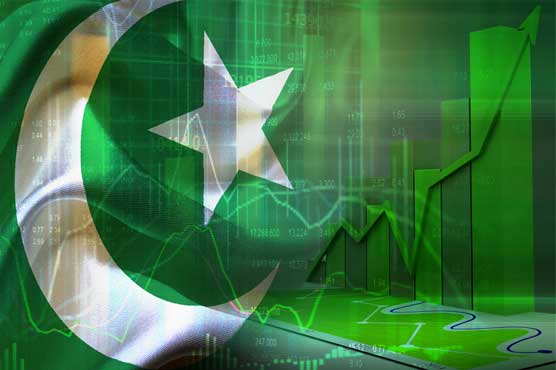
Pakistan’s economic situation was in doldrums even before Covid19 struck. Since 2018, the country has taken loans from IMF, World Bank, and from friendly countries like Saudi Arabia, UAE and Qatar. However, in the last few months, there has been an uptick in loans: first, from IMF through the Rapid Financial Instrument and now recently from the China-led and funded Asian Infrastructure Investment Bank (AIIB).
This week, AIIB’s Board of Directors approved a loan of $250 million to help Pakistan strengthen its response to the social and economic fallout from the Covid-19 pandemic. The ostensible aim of the loan is to “bolster the government’s Resilient Institutions for Sustainable Economy (RISE) Programme, which aims to stimulate investment in human capital, expand social safety nets, improve the country’s emergency health infrastructure and foster economic growth. The RISE Programme is a part of set of measures Pakistan has undertaken towards recovery from the impact of the pandemic. The pandemic has rapidly evolved in Pakistan and now threatens to undo many of the hard-won gains made in reducing poverty over the past two decades. Our immediate support is critical and will contribute to the government’s efforts to mitigate pandemic-related shocks, so that the country may continue on its path to sustainable development.”
Pakistan is already a highly indebted, thanks to the loans it has taken from international organizations, friendly countries in the Gulf and, the $62 billion China Pakistan Economic Corridor (CPEC). International organizations like the IMF have routinely warned about Pakistan’s debt-trap but it appears that the country’s leadership does not really care about the future of its people.
![]()





